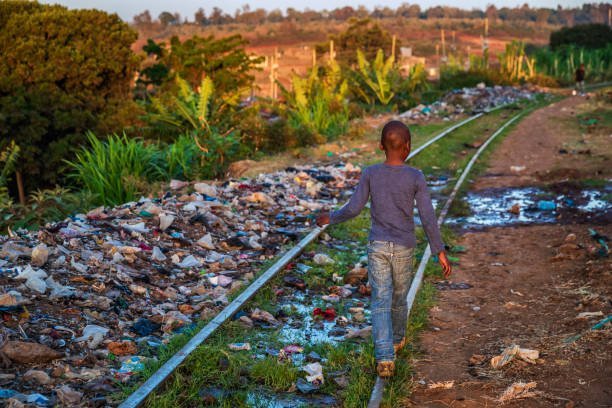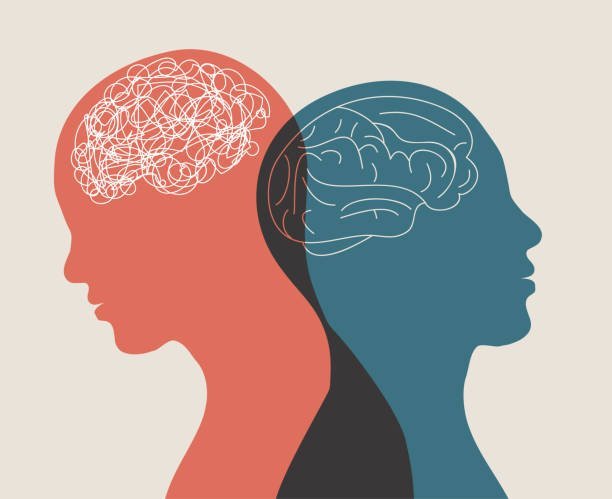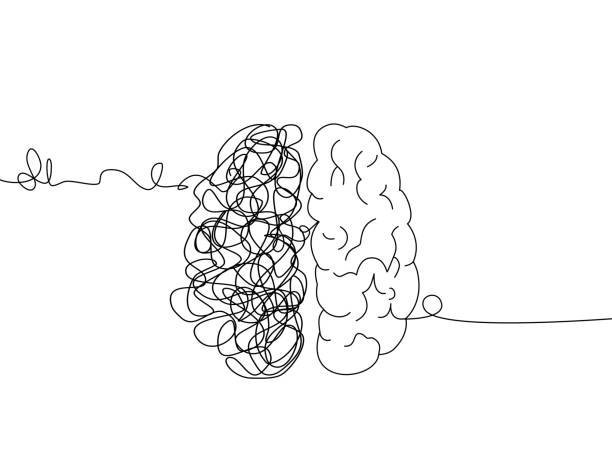Ways in which a Filthy (Unhealthy) Living Environment could Negatively Impact the General Wellbeing of those Living in it

Ways in which a Filthy (Unhealthy) Living Environment could Negatively Impact the General Wellbeing of those Living in it: A clean and hygienic living environment is crucial to maintaining the physical and mental wellbeing of those who reside in it. However, many people are unaware of the negative effects that a filthy living environment can have on their overall health. In this article, we will explore some of the ways in which a dirty living space can adversely affect the general well-being of its inhabitants.
Ways in which a Filthy Living Environment Could Negatively Impact the General Wellbeing of Those Living in It
Ways in which a Filthy Living Environment could Negatively Impact the General Wellbeing of those Living in it:
- The spread of germs and bacteria
Unsanitary living conditions provide a breeding ground for harmful germs and bacteria. These microorganisms thrive in areas with poor cleanliness and can easily spread through contact with contaminated surfaces or by sharing personal items. The spread of germs and bacteria can lead to various illnesses, ranging from minor infections to more severe diseases like food poisoning, skin infections, and even pneumonia.
- Respiratory problems
A filthy living environment often contains dust, pet dander, mold, and other allergens that can trigger respiratory issues, such as asthma and allergies. Prolonged exposure to these allergens can exacerbate existing respiratory conditions or even cause new ones to develop.
- Weakened immune system
Living in a dirty environment can weaken the immune system, making it more challenging for the body to fight off infections and illnesses. This is because the body is constantly exposed to harmful pathogens, forcing the immune system to work overtime to protect itself from illness.
- Mental health issues
A cluttered and unclean living space can contribute to feelings of stress, anxiety, and depression. The visual chaos of a messy environment can make it difficult to focus and function efficiently, leading to increased mental strain. Additionally, social isolation may occur as individuals may be reluctant to invite others into their homes, further impacting mental health.
- Pest infestations
Filthy living environments often attract pests such as rodents, insects, and other vermin. These pests not only cause structural damage to homes but also spread diseases and contaminate food sources. Pest infestations can also exacerbate respiratory issues by increasing allergens in the environment and causing stress and anxiety in those living with the infestation.
- Sleep disturbances
A cluttered and unhygienic bedroom can negatively impact sleep quality. Poor sleep can have far-reaching consequences on physical and mental health, including a weakened immune system, mood disturbances, and cognitive impairments.
- Increased risk of accidents
Clutter and filth in a living space can increase the likelihood of accidents, such as tripping, slipping, or falling. These accidents can lead to physical injuries and create an unsafe living environment.
Maintaining a clean and organized living environment is essential for promoting the general wellbeing of those living in it. By eliminating filth and clutter, individuals can reduce their exposure to harmful germs, bacteria, allergens, and pests, resulting in improved physical and mental health. Prioritizing cleanliness and hygiene can help create a safer, healthier, and more enjoyable living space for all.
More Related Life Orientation Grade 12 Content
More content for Life Orientation Grade 12 to help students with their tasks and projects:
- A Closer Look at the Effectiveness and Ineffectiveness of South Africa’s Human Rights Institutions
- Three State Institutions that Deal with Human Violations in South Africa
- 8 Examples Where Sports Personalities Rights Were Violated
- How Sport Personalities are Portrayed by the Media and How the Portrayal Influence People
- Defining the Term Bill of Rights in South Africa
- Reasons Why Discriminatory Behaviour in South Africa Continues
- What is meant by the term “right to freedom of expression”?
- Examples of Services that are Provided by Municipalities to Ensure Safe and Healthy Living Environments
- Negative Social Effects of Human Rights Violation for Communities
- How Human Rights Violation amongst Learners May Negatively Impact their sense of Humanity
- How Learners can Promote the Bill of Rights to Eliminate Discriminatory Tendencies in their Schools
- Ways in which a Filthy Living Environment could Negatively Impact the General Wellbeing of those Living in it
- Explain why the youth may seem not able to value a safe and healthy living environment within their communities
- Discuss how societal attitudes could make cases of crime more likely to occur within a community
- Provide FIVE signs of cyberbullying
- FIVE Types of Cyberbullying that can take place on Social Media
- Evaluate the emotional effects of cyber bulling on a person’s well-being
- Assess how posting or forwarding humiliating and offensive material can affect someone
- Recommend strategies that the school can implement to act against cyberbulling
- The Citizens’ Responsibility to Ensure that their Environments Promote Safe and Healthy Living
- Which Act is being violated when you post the private information of someone on social media?
- Discuss how cyberbullying of members of the LBGTQIA2S+ community could cause psychological harm to the affected individuals
- Indicate any FOUR roles that social media could play in a democratic society
- Recommend strategies that responsible citizens may use to help victims of gender-based violence
- Discuss FOUR reasons why social media may be considered the best media platform to combat human rights violations
- Recommend strategies that the youth could put in place to ensure their cyber safety when using social media. In your answer, also indicate how this strategy could lead to greater cyber safety.
- Explain the purpose of the National Water Act of 1998
- Report on FOUR reasons why most communities are not benefiting from stipulations in the National Water Act of 1998.
- What can the community do to mitigate/relieve alleviate the challenges relating to clean and safe water in their areas? In your answer, also indicate how this could lead to healthy and safe living.
- Why South Africans need to take part in projects against the violation of human rights
- FOUR strategies that South Africans could put in place to prevent the violation of human rights in the country
- Define the concept responsible citizenship and state TWO factors that may contribute to the youth being hesitant to conduct themselves as responsible citizens
- Give reasons why survivors of gender-based violence may feel hesitant to report this human rights violation.
- FOUR strategies that South Africans could put in place to prevent the violation of human rights in the country.








